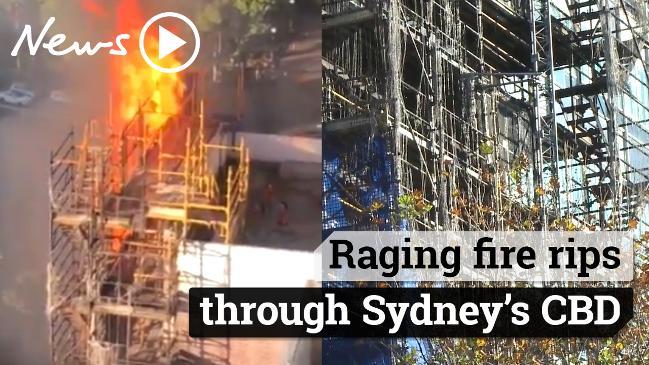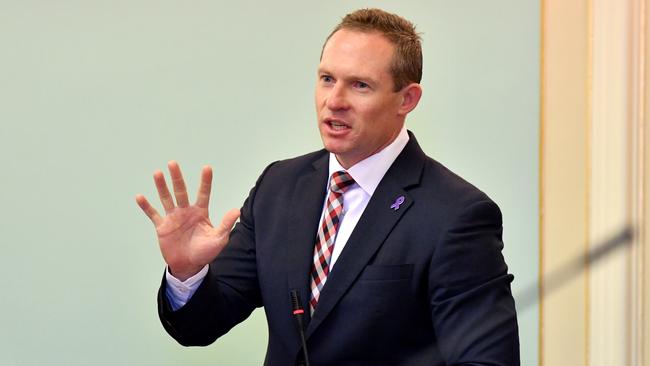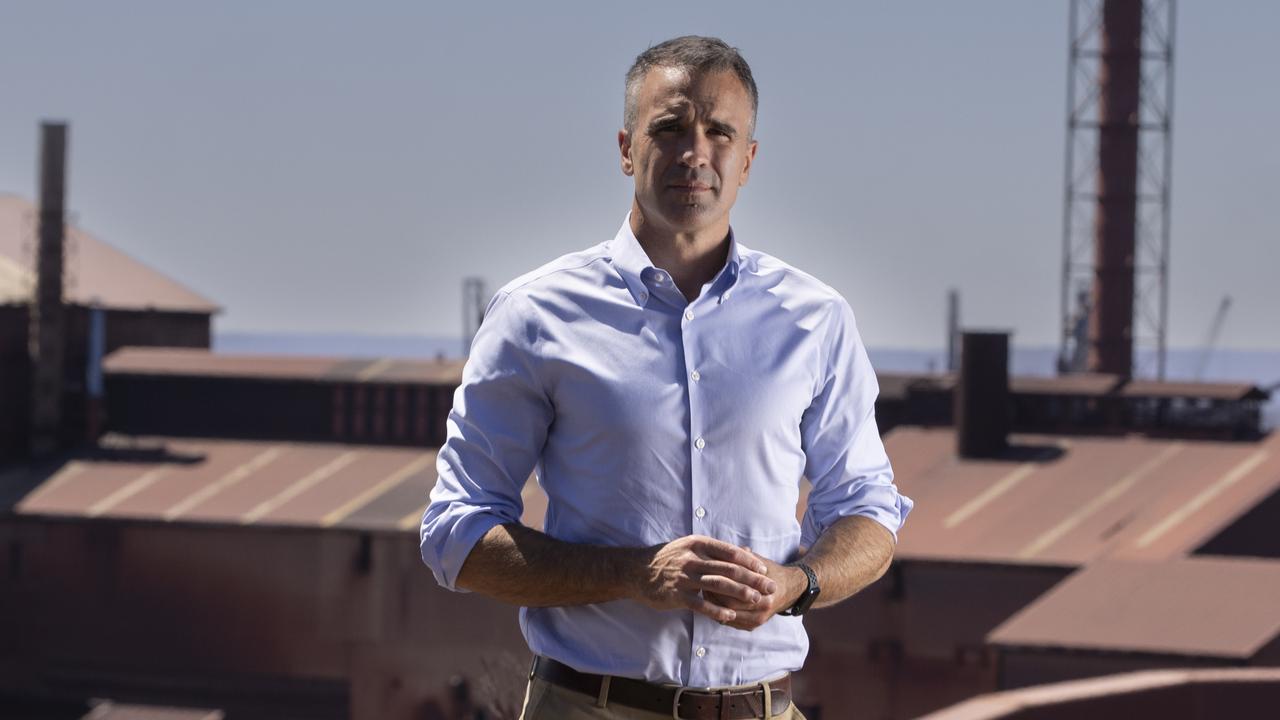De Brenni mulls prohibitions on cladding on high-rise buildings
With the second anniversary of the deadly Grenfell Tower inferno in London, the Queensland Government is moving to tighten restrictions on flammable cladding.

QLD Business
Don't miss out on the headlines from QLD Business. Followed categories will be added to My News.
THE State Government is mulling prohibitions on the use of combustible cladding on buildings above three storeys as it moves to tighen use of the potentially deadly material.
The move comes on the two year anniversary of the Grenfell Tower inferno in London, the impact of which has sparked an insurance crisis for building certifiers in Queensland.
Minister for Housing and Public Works Mick de Brenni last week warned that Queensland’s $50 billion construction industry could come to a standstill if a public indemnity insurance crisis caused by the combustible cladding issue was not resolved.
The state’s 400 private building certifiers are finding it increasingly difficult to obtain the necessary public indemnity insurance to sign off on buildings with cladding.
“We’ve had reports of some insurance premiums increasing by thousands of dollars, some by up to 226 per cent more than the previous year,” said Mr de Brenni.

Mr de Brenni said he had called an urgent extraordinary meeting of his Ministerial Construction Council (MCC) next week to discuss a range of measures related to cladding.
“Unrectified combustible cladding poses a risk to tradies and Queenslanders,” said Mr de Brenni. “For too long ‘creative solutions’, including performance solutions, have allowed combustible cladding to be installed on high-rise buildings.”
Mr de Brenni said the insurance crisis for certifiers had been triggered by the insurance industry reacting to the risks of the combustible cladding scandal.
“The Federal Government has failed to ban the importation of dodgy combustible cladding despite the risks it presents,” said Mr de Brenni.
A raft of recommendations from an independent PricewaterhouseCoopers report into the insurance issue will be considered at the MCC meeting on Tuesday.
They included changing licensing rules for certifiers to allow them to practice with exclusion in their mandatory profession indemnity insurance and establishing a model to indemnify certifiers who are involved in combustible cladding rectification.
The creation of a national professional standards body for certifiers, much like that which exists for lawyers, solicitors, architects, and engineers also was being considered.


